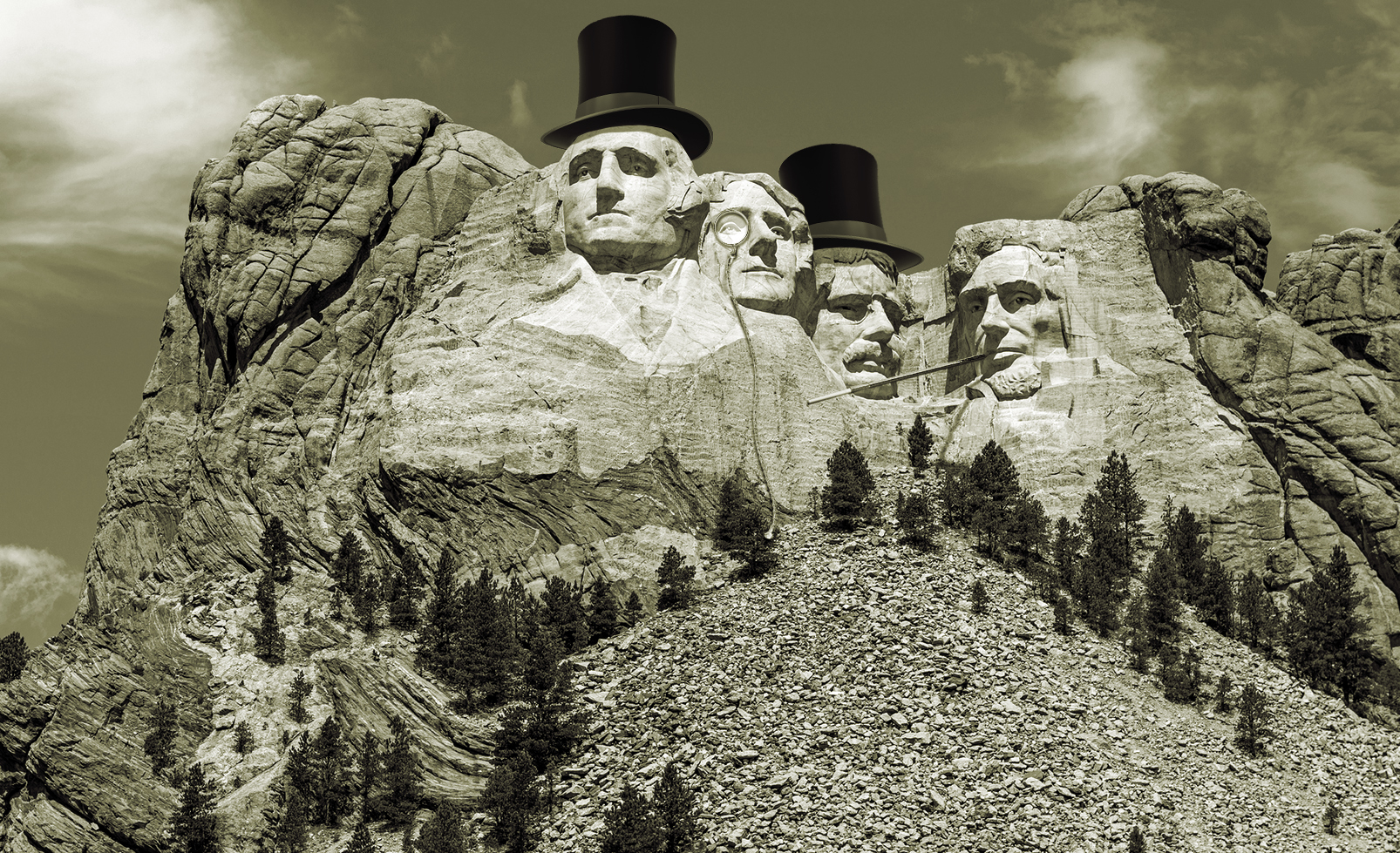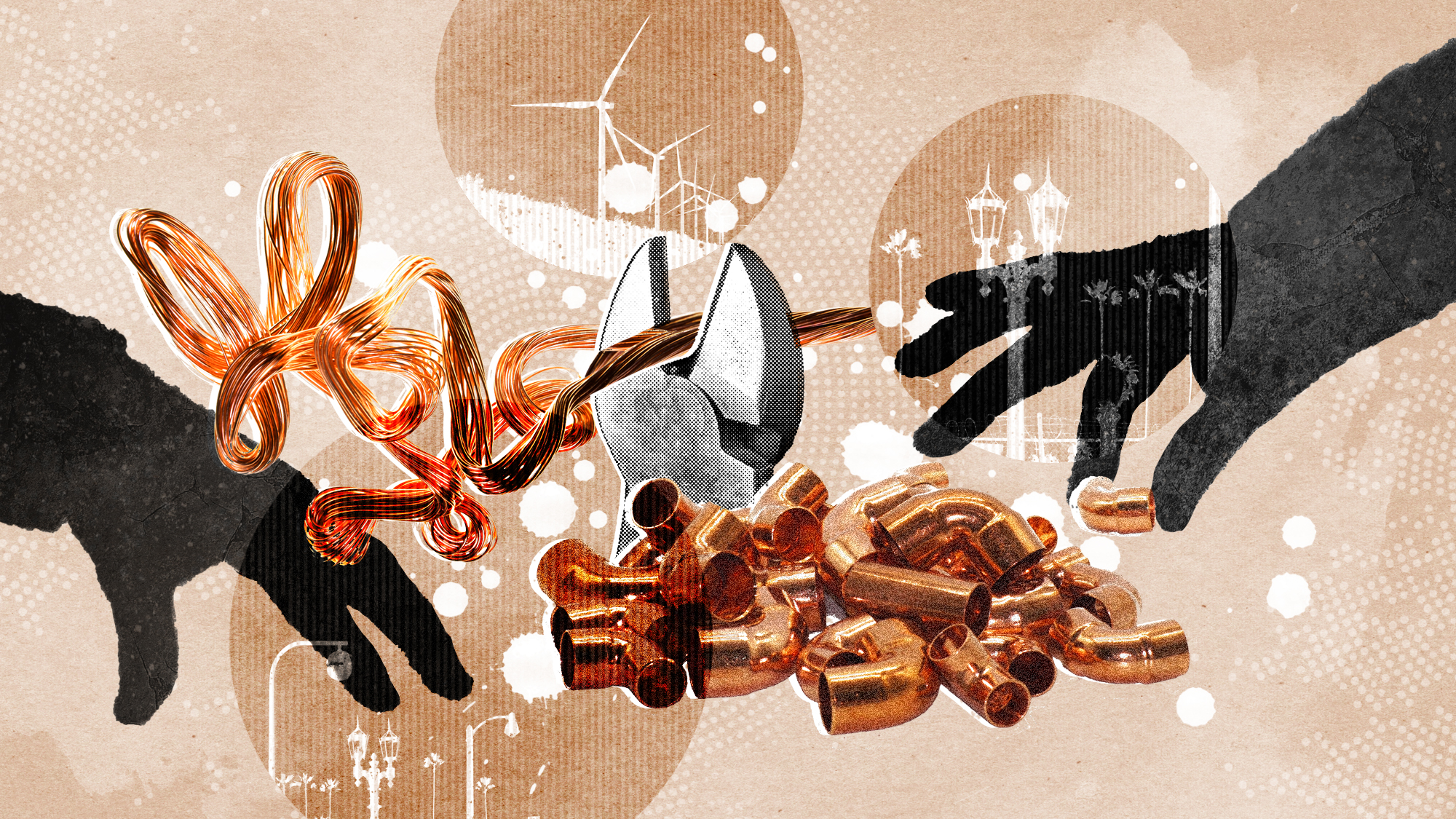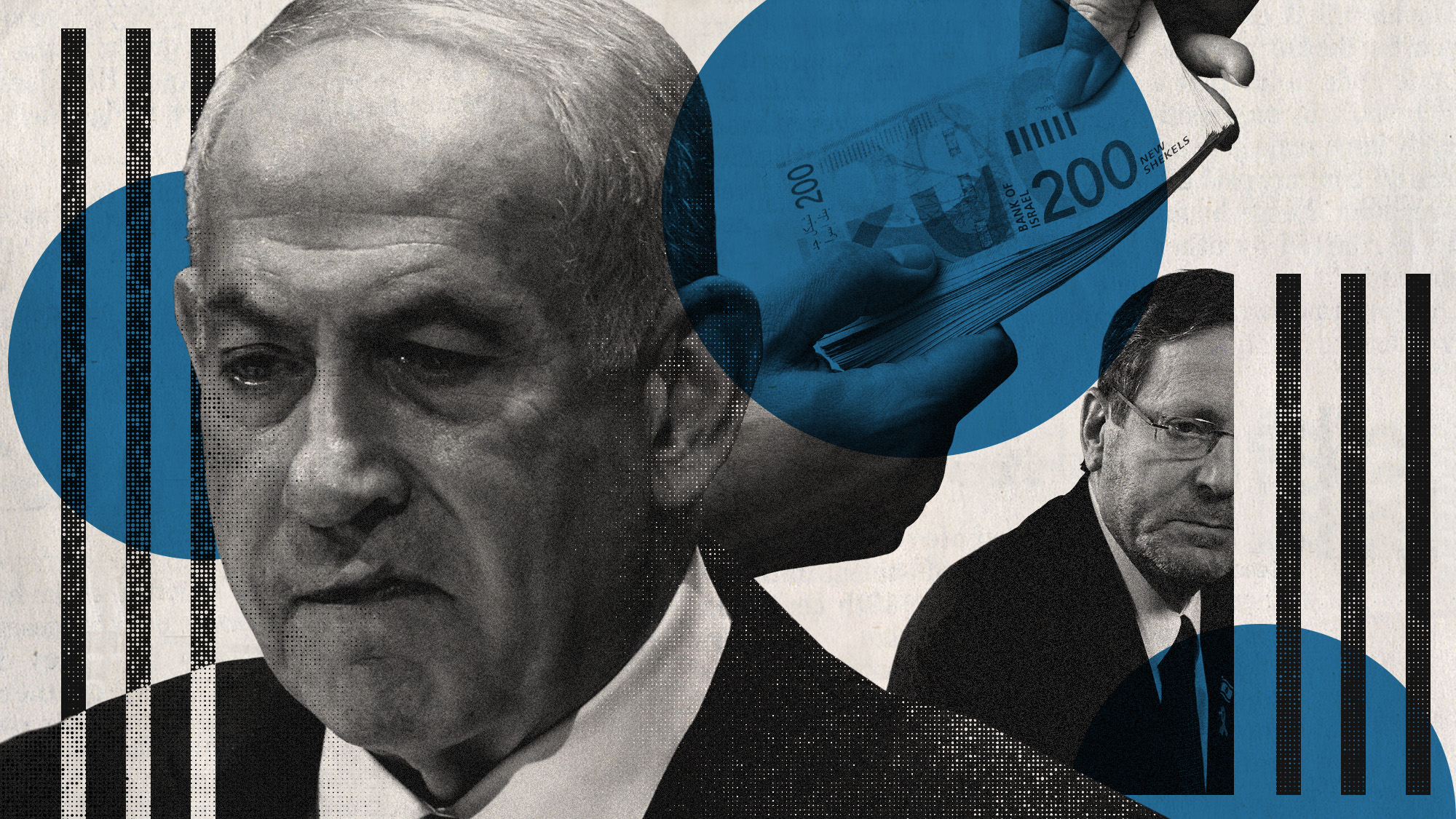The blinkered celebration of American elites
What Ross Douthat gets wrong about WASPs


As mourners paid their respect to former President George H.W. Bush at his funeral Wednesday, tributes to the last moderate Republican president continued to roll in. In The New York Times, Ross Douthat casts Bush as the last WASP, and pines for the days of a quasi-aristocratic establishment. "Americans miss Bush because we miss the WASPs — because we feel, at some level, that their more meritocratic and diverse and secular successors rule us neither as wisely nor as well," Douthat writes.
This is in keeping with Douthat's politics, particularly his qualified defense of monarchy. But he goes too far. Self-conscious elitism is the last thing this country needs.
Now, there is something to Douthat's premise that the current "meritocratic" elite is, at a minimum, turning in a pretty abysmal performance. As Chris Hayes argues in his book Twilight of the Elites, the problem with meritocracy as a legitimating ideology is that it inevitably shades into the exact same defense of privilege as any other cynical self-dealing elite — only this time without even a scrap of noblesse oblige. As Douthat writes, even with ostensibly neutral standardized tests and other demonstrations of merit, "you still end up with something that is clearly a self-replicating upper class, a powerful elite, filling your schools and running your public institutions."
The Week
Escape your echo chamber. Get the facts behind the news, plus analysis from multiple perspectives.

Sign up for The Week's Free Newsletters
From our morning news briefing to a weekly Good News Newsletter, get the best of The Week delivered directly to your inbox.
From our morning news briefing to a weekly Good News Newsletter, get the best of The Week delivered directly to your inbox.
There is at least decent evidence for Douthat's pro-WASP case. Bush's handling of the collapse of the Soviet Union and the reunification of Germany were good — or, at least, it certainly could have been a lot worse.
However, one shouldn't overlook other instances of WASP failure. Douthat admits they were often extremely racist, but they were also often just stupid and incompetent. The Kennedy brothers (yes, they were Catholic, not Protestant, but still very WASP-y) bungled away half of JFK's presidency with birdbrained schemes to overthrow or assassinate Fidel Castro, and laid the groundwork for the Vietnam War. Humanity is still dealing with the wreckage turbo-WASPs John Foster Dulles and his brother Alan left across the Middle East and Latin America, toppling democratic governments and sparking decades-long civil wars hither and yon. Bush himself was deeply involved in Watergate and the Spiro Agnew scandal, and personally abused his presidential pardon power to halt the Iran-Contra investigation when it got too close to himself — an act as nakedly corrupt as anything President Trump has done.
Indeed, the idea that the elder Bush was even the last WASP aristocrat at all is questionable. How else to describe his son, who if anything had an even greater claim to an aristocratic pedigree as both the eldest male heir of an important WASP family and the son of a former president? It's also hard to think of a more perfect caricature of aristocratic failure than a hard-drinking failson who coasted through elite schools on his family name, carefully avoided real military service, and whose presidency was a world-historical catastrophe. (One can easily forget that the aristocratic noblesse oblige ethic has usually been honored in the breach.)
At a minimum, the WASP record is a decisively mixed bag.
A free daily email with the biggest news stories of the day – and the best features from TheWeek.com
But let's turn to a really good president who did emerge from an elite background: Franklin D. Roosevelt. He was indeed a WASP — but as Mike Konczal points out, far from representing a self-conscious elite, FDR decisively turned on his fellow aristocrats, gleefully baiting their hatred for political advantage. In return, they loathed him so much that they refused to speak his name, and turned the title of his political coalition into a foul curse. When Montgomery Ward chairman Sewell Avery repeatedly broke negotiated labor agreements, and FDR confiscated his business for impeding the war effort, Avery spat "You … New Dealer!" at the soldiers carrying him out of his office.
Biographers write that Roosevelt's disability also had much to do with his development as a leader. Where before he had been a bit feckless, the desperate struggle to recover from his paralytic illness (which nearly killed him outright) forced him to work to his absolute utmost capacity for the first time. It made his breezy aristocratic confidence more earned and determined, like tempered steel — but also instilled some empathy, by teaching him that bad luck can strike anyone at any time, even a wealthy, privileged politician.
FDR also had the good fortune of a social context that often forced his hand. Early in his presidency he wanted to serve as a power broker between all social groups, but when business wouldn't play along (because, then as now, they hated the idea of making any compromises at all), Roosevelt threw in with the working class. That led directly to his fine record of pro-union policy, high taxes on the rich, Social Security, and careful regulation of business.
Excellent leadership is hard to come by. But the outlines of a positive, non-meritocratic model can be seen in FDR's career, and self-conscious elitism is not any part of it.
Any leader must exercise authority, and that does require a certain confidence. But it also requires humility — the realization that one's power is arbitrary, and should be exercised in an egalitarian fashion. Perhaps most of all, a good leader should be heavily skeptical of any fellow elites, no matter how they obtained the positions they hold. Chances are very strong they are incompetent, corrupt dullards.
Ryan Cooper is a national correspondent at TheWeek.com. His work has appeared in the Washington Monthly, The New Republic, and the Washington Post.
-
 The great global copper swindle
The great global copper swindleUnder the Radar Rising prices and easy access makes the metal a ‘more attractive target for criminals looking for a quick profit’
-
 ‘They’re nervous about playing the game’
‘They’re nervous about playing the game’Instant Opinion Opinion, comment and editorials of the day
-
 Will Netanyahu get a pardon?
Will Netanyahu get a pardon?Today's Big Question Opponents say yes, if he steps down
-
 Has Zohran Mamdani shown the Democrats how to win again?
Has Zohran Mamdani shown the Democrats how to win again?Today’s Big Question New York City mayoral election touted as victory for left-wing populists but moderate centrist wins elsewhere present more complex path for Democratic Party
-
 Millions turn out for anti-Trump ‘No Kings’ rallies
Millions turn out for anti-Trump ‘No Kings’ ralliesSpeed Read An estimated 7 million people participated, 2 million more than at the first ‘No Kings’ protest in June
-
 Ghislaine Maxwell: angling for a Trump pardon
Ghislaine Maxwell: angling for a Trump pardonTalking Point Convicted sex trafficker's testimony could shed new light on president's links to Jeffrey Epstein
-
 The last words and final moments of 40 presidents
The last words and final moments of 40 presidentsThe Explainer Some are eloquent quotes worthy of the holders of the highest office in the nation, and others... aren't
-
 The JFK files: the truth at last?
The JFK files: the truth at last?In The Spotlight More than 64,000 previously classified documents relating the 1963 assassination of John F. Kennedy have been released by the Trump administration
-
 'Seriously, not literally': how should the world take Donald Trump?
'Seriously, not literally': how should the world take Donald Trump?Today's big question White House rhetoric and reality look likely to become increasingly blurred
-
 Will Trump's 'madman' strategy pay off?
Will Trump's 'madman' strategy pay off?Today's Big Question Incoming US president likes to seem unpredictable but, this time round, world leaders could be wise to his playbook
-
 Democrats vs. Republicans: who are US billionaires backing?
Democrats vs. Republicans: who are US billionaires backing?The Explainer Younger tech titans join 'boys' club throwing money and support' behind President Trump, while older plutocrats quietly rebuke new administration
